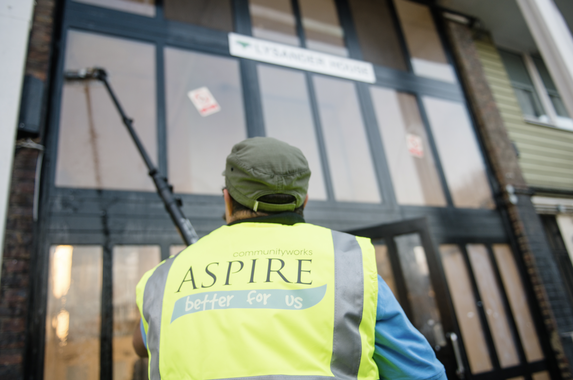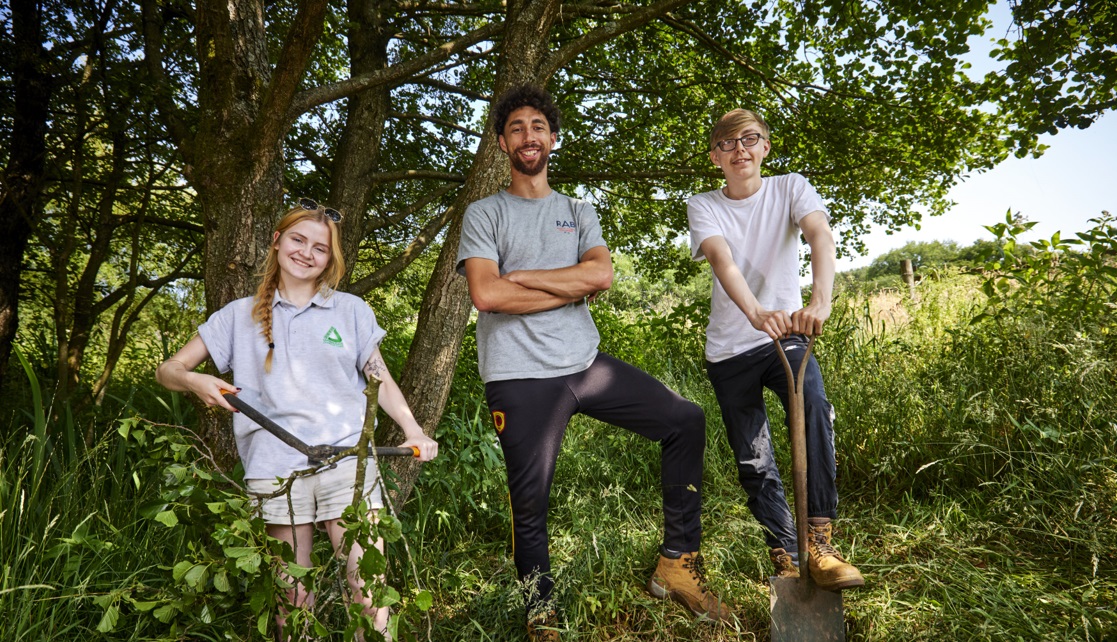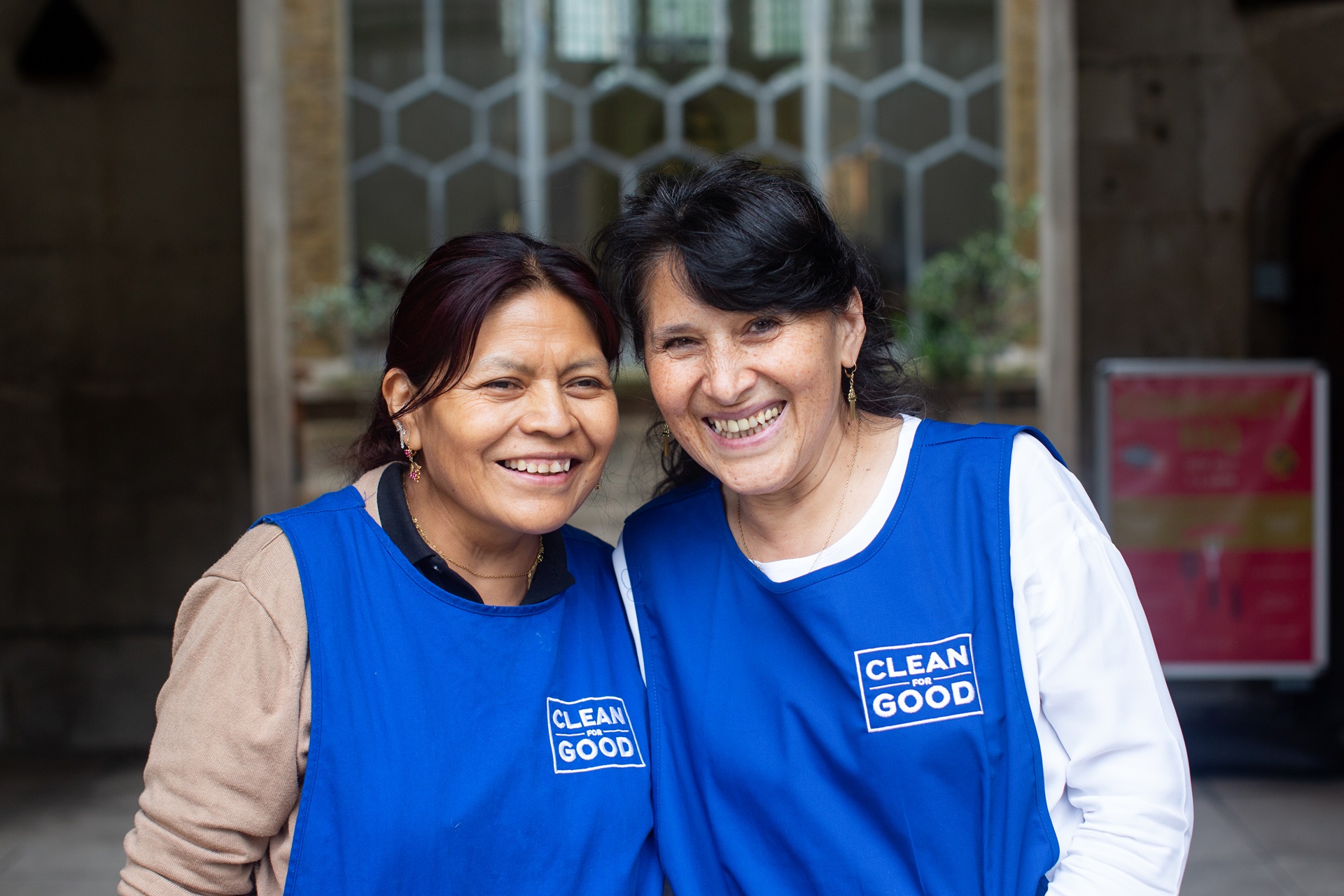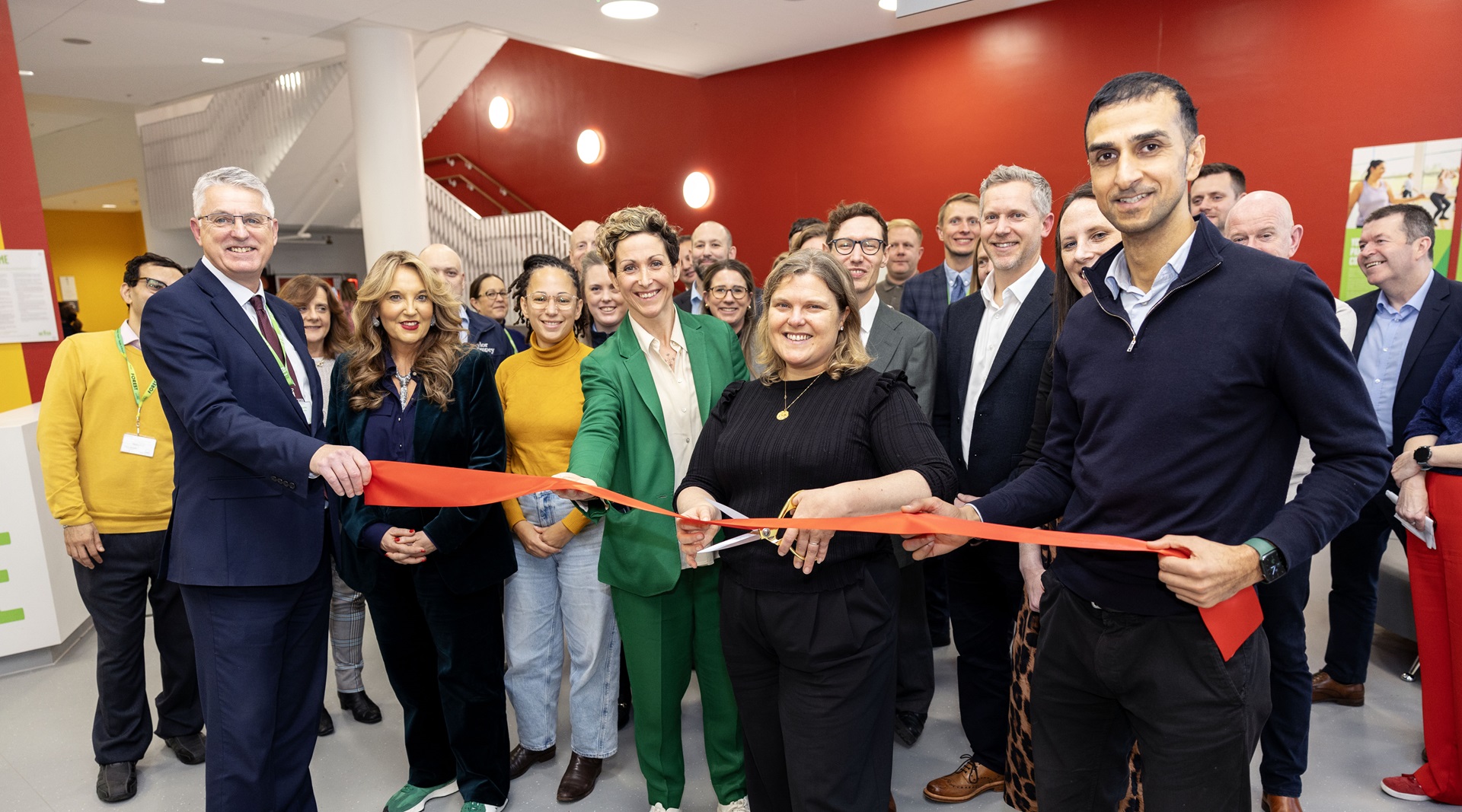
News and views
Transforming public procurement for community impact
Katharine Sutton is Chief Executive of Aspire Community Works, a social enterprise provider of public services whose #BetterForUs campaign advocates a wellbeing approach to the economy. The vast amounts of public funds allocated through procurement can shape community well-being, support fair employment and strengthen local economies – yet all too often, this potentially transformative spending is reduced to a technical purchasing process. At best, the cheapest price is prioritised over the quality of public services, but at worst it can mean large-scale corruption and the collapse of get-rich-quick companies such as Carillion. A new mission-led government, a new Procurement Act (due to take effect in February 2025) and new National Procurement Policy Statements (in England and Wales) provide opportunity for bold reform to ensure the system is people-led rather than profit-led. This blog explores various practical ways in which public procurement can be made to work for the public, not against it. Make fair wages and good working conditions the standard Every public contract should include a commitment to paying the Real Living Wage. Workers deserve fair compensation that enables them to support themselves and their families. Setting fair wages as a standard can reduce poverty, lessening reliance on health and welfare services. Fair pay fosters health, stability and productivity, creating a more resilient and engaged society. All public contracts should also promote decent working conditions through the inclusion of Good Work standards certified by independent bodies. This will ensure workers have security, dignity and opportunities to develop, ultimately supporting the well-being of employees and wider communities. This is particularly important in sectors with low pay and high turnover to improve staff satisfaction and retention, in turn generating higher quality services that the race to the bottom simply cannot sustain. Support local economies with targeted investment At least 1% of public procurement budgets should be allocated to organisations committed to supporting people facing barriers and disadvantage in the labour market. Directing procurement funds towards these “Good Works” organisations could help stimulate alternate local economies, create sustainable employment for individuals who might otherwise be excluded from the workforce, and tackle existing labour shortages. Aspire estimates that such an investment could generate over £3.9 billion for local economies, strengthening communities and fostering inclusion. Align procurement with wider values and goals Public procurement can and should be aligned with the UN’s Sustainable Development Goals (SDGs), leveraging each contract as an opportunity to support sustainable development and addressing issues such as inequality, inclusive growth and climate change. We consider these to be the golden thread linking procurement to community, domestic, international and corporate goals. While social value is an increasingly common part of procurement, we recommend a shift towards public value - linked to the SDGs - with the purpose of maximising public benefit. Social value often becomes a checklist, narrowly focused on short-term results, whereas public value encompasses a commitment to addressing long-term issues like inequality and resilience as well as mission-led public policy. Reframing procurement with a public value approach would enable public funds to support sustainable, community-centred, people-led goals. Such a shift would require contractors to align their objectives with government priorities, creating a more cohesive and impactful procurement strategy both at a national and local level. Put the public back in public procurement We must move beyond just listening to really actively involving local communities in the commissioning and procurement process, using the voice of lived experience to co-create services that are relevant and resonate with the people who will be relying on them. Investing in people-led procurement is a crucial part of investing for our future. Inclusive growth may be a buzzword for those who have wealth – but for those of us without, it is a necessity. As businesses and investors look for models of sustainable growth, the principles of social procurement align with a growing demand for economic resilience and accountability. This is an opportunity for the UK to lead, not just in fiscal responsibility but in responsible, impact-driven investment of public funds. At a time when economic value and social value need not be mutually exclusive, public procurement could become a cornerstone of the UK’s economic renewal. Over the next couple of months, our new government has the opportunity to direct public procurement to work for the public benefit and not against it. Will it seize the opportunity? We can only hope so.
3 min






